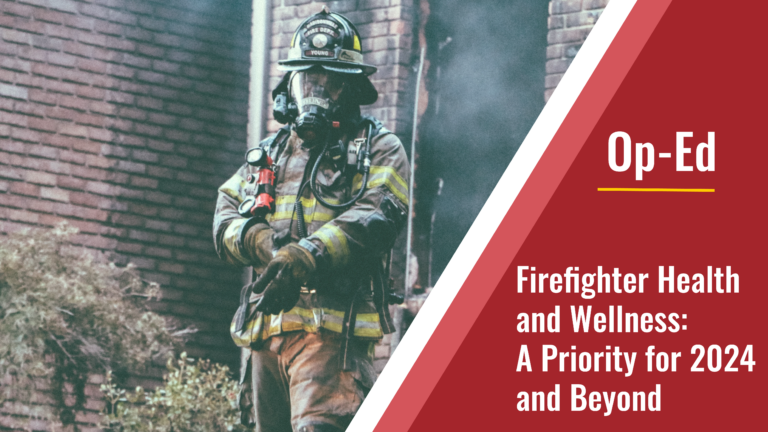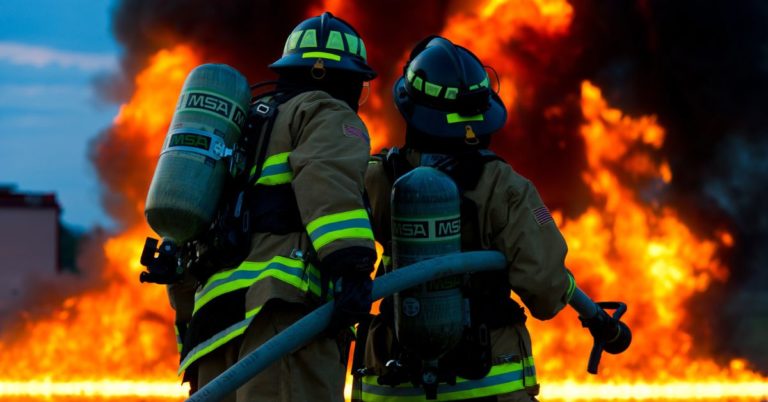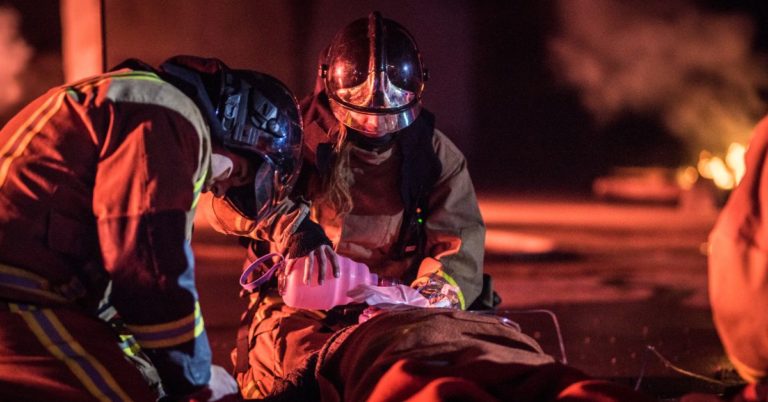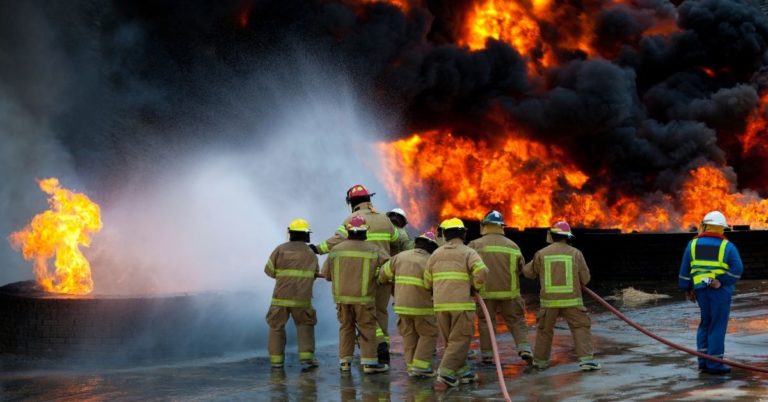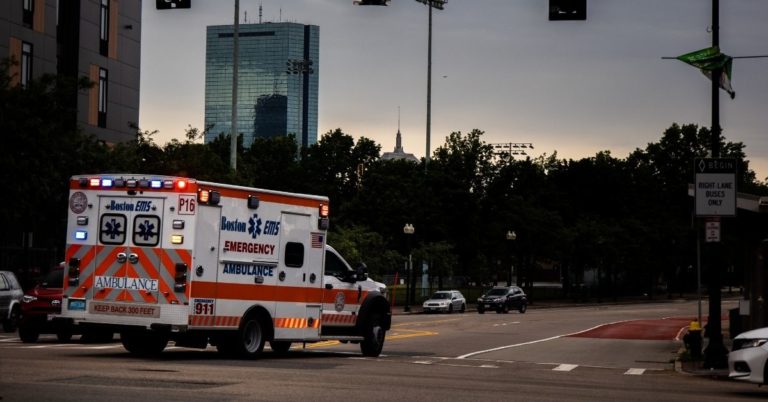In August 2021, residents in the town of Napavine, in southern Washington State, were asked to approve an increase in property taxes of $0.66 per $1,000 of assessed property value. Napavine and the surrounding area has been growing. Funds were needed so that Lewis County Fire District 5 could continue to protect all of its residents.
The proposed levy increase failed by two votes.
What happened in Napavine is not an isolated case. Localities around the country are failing to adequately fund their firefighters. Even large cities are struggling. Last year New Orleans furloughed firefighters and other public safety workers due to budget shortfalls caused by the COVID-19 pandemic.
Importance of Referendum for Various Funding Needs
In the 2018 and 2020 election cycles, we tracked the outcomes of ballot initiatives that sought to maintain or increase funds for firefighters and other emergency personnel. Of the $480 million or so in funds up for approval, only about $402 million were approved, a shortfall of $78 million. Populations continue to grow and firefighters are being asked to serve more and more people. But their communities aren’t giving them the funds they need to keep up with that growth.
Other factors make the lack of funding for firefighters especially concerning. Evidence suggests that the pandemic, by forcing people to spend more time at home, has led to an increase in the number of house fires in some places. Climate change has increased the intensity and frequency of wildfires to such an extent that it is challenging the very notion of an annual “fire season.” California has been forced to rethink the responsibilities and rights of the seasonal firefighters that come to the state each year. Yet, firefighters do more than just fight fires. According to the Federal Emergency Management Agency (FEMA), cross-trained firefighters make up 38 percent of EMS first-responders in the U.S.

Fire companies rely upon creative ways to secure funding. Some charge fees for fire inspections or insurance companies for responding to an incident, similar to how ambulance companies operate. Some rely upon donations from foundations and the private sector. Many have become entrepreneurial, renting out their facilities for events like wedding receptions, hosting bingo nights, or running concession stands at county fairs. Some have had to take on debt, either through the sale of municipal bonds or loans from private banks.
Federal Grants Are Not Enough But State Governments are Stepping In
Government grants are a crucial source of funding. Through the U.S. Fire Administration, FEMA sponsors three grant programs that have granted 2,200 awards as of September 2021, totalling over $710 million. State governments can also secure federal funding which they can then disperse to their state’s fire companies.
This patchwork of funding leaves holes, however. Budgets shortfalls have been exacerbated by COVID-19. While the pandemic has increased the need for firefighters, it has also prevented them from conducting fundraisers that many rely upon.
State governments are stepping in. In Pennsylvania, Senate Bill 245 proposes granting counties and municipalities increased power to distribute COVID-19 emergency funds to fire companies.
In Washington State, lawmakers are taking more direct action. With House Bill 1929, Representatives Peter Abbarno and Dan Griffey have proposed the creation of a $2 million grant program for rural fire companies to repair, upgrade, or expand their facilities. Napavine, the town that failed to pass the $0.66 levy increase, would be one of the communities that could benefit.
Fire department’s “needs continue to outpace their ability to fund them,” said Griffey, a professional firefighter. Legislation like the bill Griffey is sponsoring is vital to ensure that fire companies have the support they need to keep us, our homes, and our families safe.
The federal government has made it clear for years now that it views climate change and its effects on our nation to be a worsening national security threat. One of the most dangerous results of the climate crisis has been prolonged and ever intensifying wildfire seasons in the western United States.

